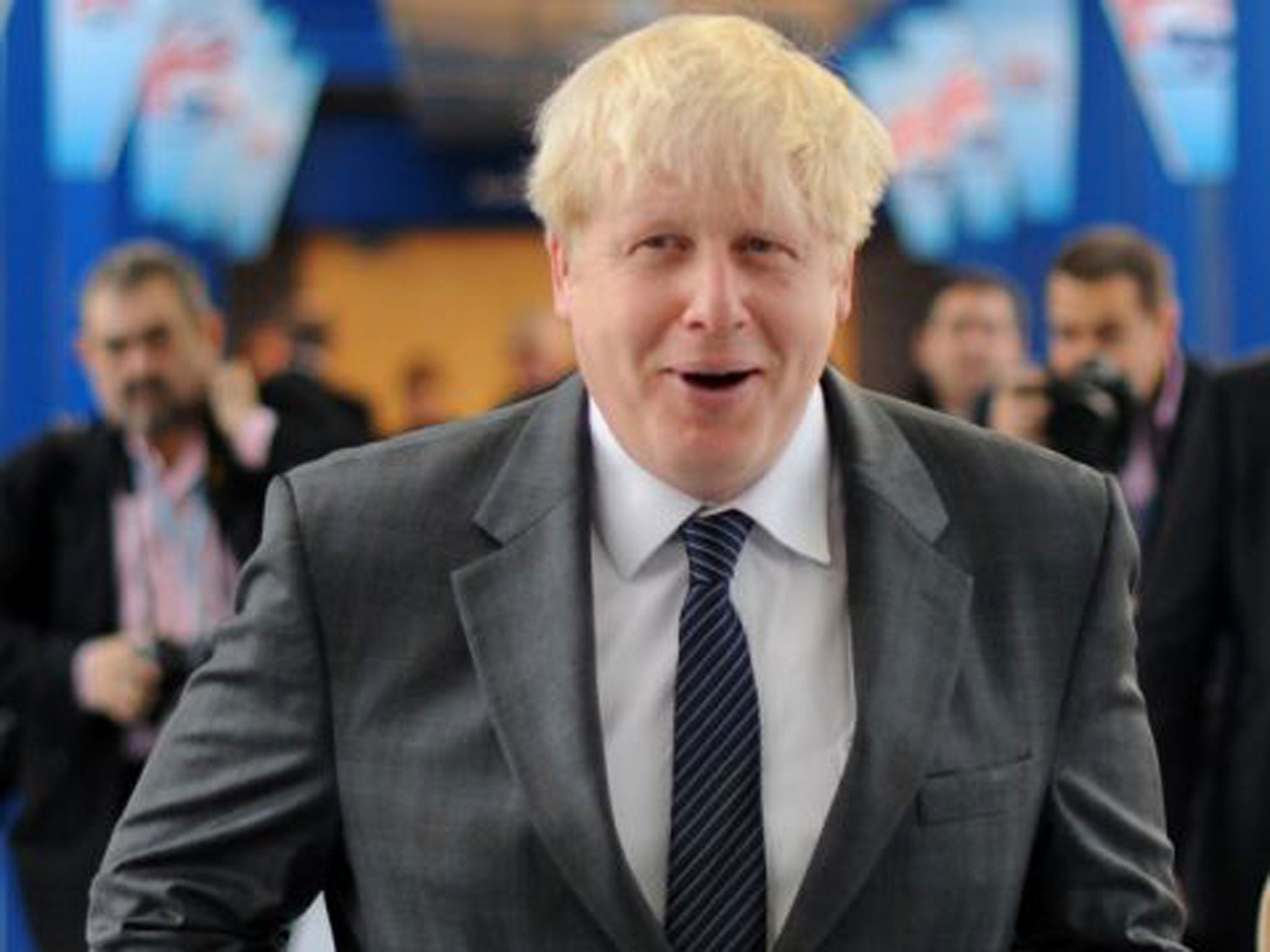Conservatives may declare war on unions with new strike rules
Plan would make strikes illegal unless at least 50 per cent of union members voted in a ballot

Your support helps us to tell the story
From reproductive rights to climate change to Big Tech, The Independent is on the ground when the story is developing. Whether it's investigating the financials of Elon Musk's pro-Trump PAC or producing our latest documentary, 'The A Word', which shines a light on the American women fighting for reproductive rights, we know how important it is to parse out the facts from the messaging.
At such a critical moment in US history, we need reporters on the ground. Your donation allows us to keep sending journalists to speak to both sides of the story.
The Independent is trusted by Americans across the entire political spectrum. And unlike many other quality news outlets, we choose not to lock Americans out of our reporting and analysis with paywalls. We believe quality journalism should be available to everyone, paid for by those who can afford it.
Your support makes all the difference.Trade unions could face fresh curbs on their ability to call strikes under plans being considered by the Conservatives.
Right-wing Tory ministers are pressing David Cameron to include the proposals in the party’s next general election manifesto, The Independent understands. The planned legislation would make industrial action illegal unless at least 50 per cent of union members take part in a strike ballot.
Supporters of the threshold – who insist the potential policy is “under active discussion” in Downing Street – believe the plan would prove highly popular with the voters.
But the proposal has divided opinion around the Cabinet table, with the Transport Secretary, Patrick McLoughlin, understood to be among the leading opponents.
Ministers are also examining new steps to crack down on the Public and Commercial Services union, representing civil servants and local government staff, which is regarded as the most militant in Britain.
The introduction of a threshold has been championed by Boris Johnson, the London Mayor, following clashes with transport unions in the capital. Mr Cameron has been careful to avoid ruling the idea out, although has stressed he had no plans to press ahead with the move.
It had been thought the proposal had been on ice in recent months, but a senior minister told the Independent the policy was being seriously considered within Downing Street.
“It is certainly under active discussion – some people are pushing it quite hard. It would be a popular thing to do – people get outraged about small numbers of people walking out and holding them to ransom,” he said.
There is no prospect of any new trade union legislation while the Coalition is in office – Vince Cable, the Liberal Democrat Business Secretary, has said publicly that he would oppose it. Mr McLoughlin, a former trade unionist, has also argued in private against the move. His opposition has proved important because, as Transport Secretary, he is in the forefront of dealing with industrial disputes.
Francis Maude, the Cabinet Office minister, who deals with public sector unions, is also believed to be sceptical about the wisdom of the threshold idea. A colleague said: “I don’t think he lies awake at night worrying about the unions.”
But Tory sources confirmed the issue is being discussed as a possible commitment in the party’s next manifesto. One of the attractions of the policy for supporters would be to put pressure on Ed Miliband, the Labour leader, to state whether supported the move and cast a spotlight on his party’s union links.
George Osborne, the Chancellor, and Michael Gove, the Education Secretary, are understood to be sympathetic to the introduction of a threshold, although neither has spoken publicly on the issue recently.
Other suggestions are altering the law to allow agency workers to cover for staff who are on strike and increasing the notice period unions have to give to employers before industrial action begins.
Trade union legislation has remained largely unchanged since the 1980s, when the Thatcher Government outlawed the closed shop in the workplace, introduced secret ballots for strikes and banned secondary picketing.
Since then the Conservatives have been reluctant to return to the subject for fear of antagonising the unions. The issue went up the political agenda in 2011 when there were two major union walkouts in protest over cuts to public sector pensions and still being considered by senior Tories.
Government sources say they have established a constructive relationship with the TUC and, despite ideological differences, with Britain’s largest union, Unite.
However, they signalled that the Public and Commercial Services Union, which has 270,000 members, could be in their sights.
Scrapping the arrangement where membership subs are paid direct through the Whitehall payroll is being considered, as well as limiting the amount of time that union representatives are allowed to have off for union business.
Power politics: the Tories and the unions
1972: Miners rock Edward Heath’s administration as they walk out in their first national strike for nearly 50 years.
1979: Margaret Thatcher elected Prime Minister after the “winter of discontent” contributes to the demise of James Callaghan’s Labour government.
1981: Tories back off from pit closure plans in face of threatened miners’ strike.
1980-84: Succession of Employment Acts outlawing secondary action and requiring pre-strike ballots.
1985: Year-long strike ends in defeat for the miners after Thatcher government builds up coal stocks.
1990: Employment Act effectively outlaws the closed shop.
Join our commenting forum
Join thought-provoking conversations, follow other Independent readers and see their replies
Comments